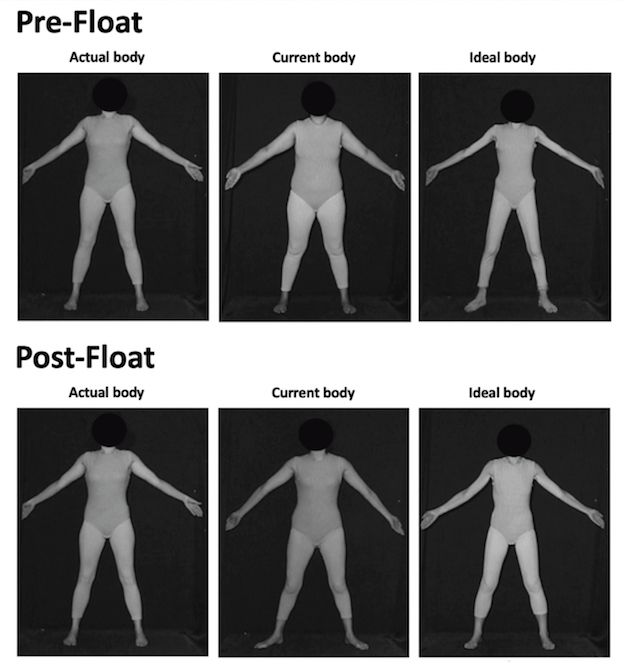Mindfulness
Two books : “The Science of Meditation, How to Change your Brain, Mind and Body” by Daniel Goleman and Richard Davison, and “Mindlessness, The Corruption of Mindfulness in a Culture of Narcissism” by Thomas Joiner.
There was an interesting review in New Scientist on 16 September 2017. It is about two books, “The Science of Meditation, How to Change your Brain, Mind and Body” by Daniel Goleman and Richard Davison, and “Mindlessness, The Corruption of Mindfulness in a Culture of Narcissism” by Thomas Joiner.
You can tell from the titles this is a debate potentially about whether the pursuit of mindfulness is a good or bad thing. The good side is represented by the claims that meditation can encourage “highly positive altered traits” - I like that allusion to the oft cited “altered states of consciousness”.
The bad side is the claim that it has gone too far, corrupted into solipsism, loosely the idea that the individual is all that matters. The reviewer feels that the case against mindfulness practices, (and floatation is somewhere in that spectrum), is not made while the real case is just against narcissism in society.
However, the debate is a worthwhile subject to ponder. In floating, we claim a brain reset, or more fully we see an increase in attention to the interoceptive system and a big decrease in the exteroceptive system with many parts of the cortex relaxing, as explained by Dr Justin Feinstein.
Is this part of a healing modality or an expression of self interest? Or can it be both?
We know floating is a short-cut to meditation, a physiological, no training required, path to profound relaxation. We learned this year that anxious people get more apparent relief than so called normal people, and the worse their anxiety, the more benefit they report. That surely is the good side.
The question to ask then is whether floating also encourages the narcissism that many commentators see growing in society. Maybe John Lilly was a narcissist? Jay Shurely was the scientist, and maybe those two pioneers represent the dichotomy rather well.
We think the evolution of the float tank so far has been on the good side, a healing modality, a simple alternative technique, and a tool that still has huge untapped potential in society as well as for the individual. But it’s good sometimes to be forced to think about the other possibilities.











